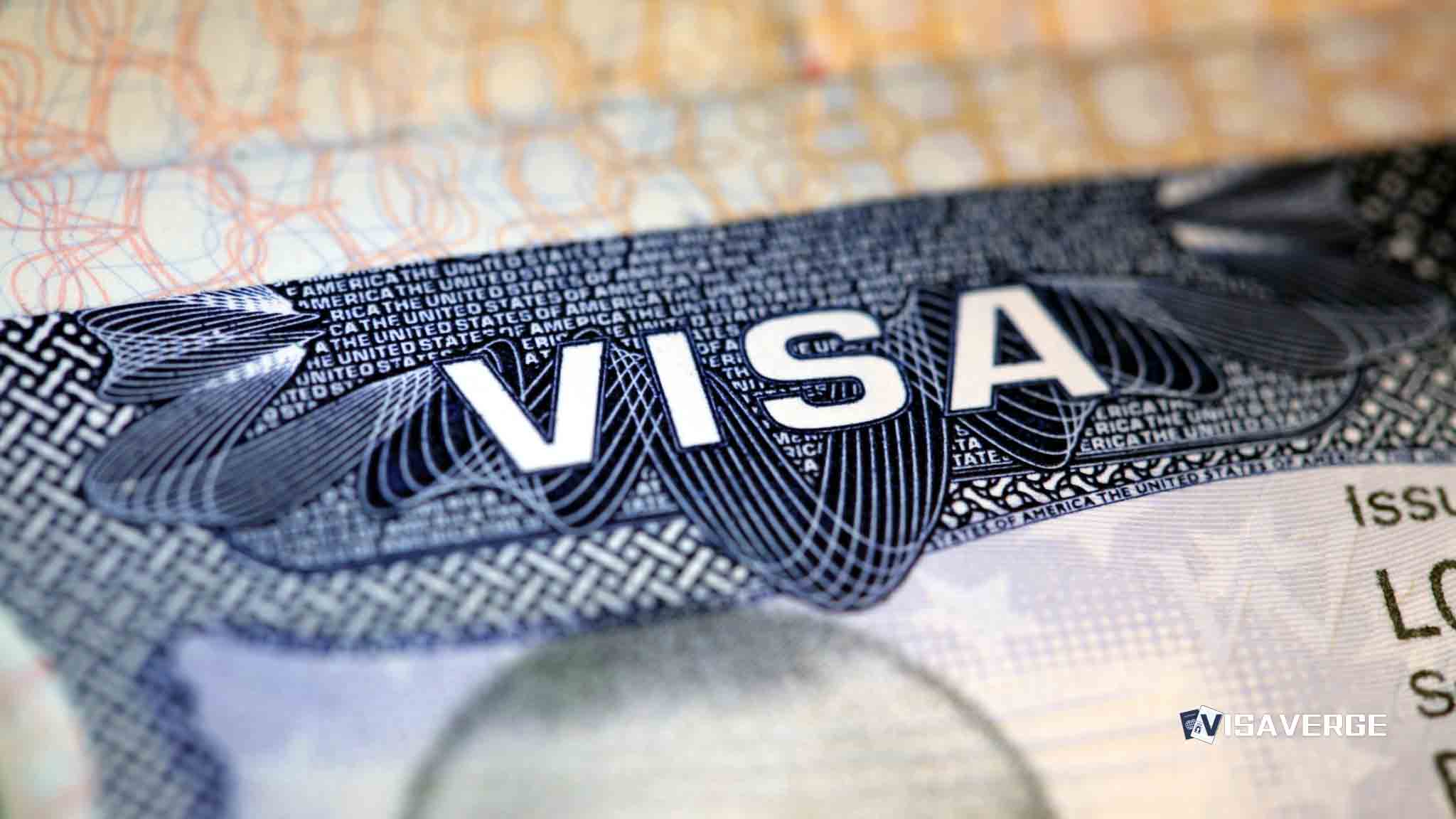Armenia and Oman have completed a reciprocal visa-free deal in 2025, removing short-stay visa requirements for each other’s citizens and opening the door to faster travel for tourism and business. Armenia began allowing Omani citizens to enter without a visa on July 1, 2025, for stays of up to 180 days per calendar year. Oman lifted visas for Armenian citizens on August 11, 2025. Ani Badalyan, spokesperson for Armenia’s Foreign Ministry, announced the reciprocal arrangement the same day, and Omani authorities confirmed the change in their public guidance.
What the agreement does and why it matters

The agreement makes trips cheaper and simpler for both sides by cutting paperwork and wait times, while easing last‑minute travel. Officials in both capitals describe the deal as a practical step to:
- grow visitor numbers
- support trade missions
- bring communities closer through more face‑to‑face contact
According to analysis by VisaVerge.com, the move fits a wider pattern of mobility reforms in the Gulf and South Caucasus aimed at boosting tourism and diversifying economies.
Key policy details
- For Omani nationals visiting Armenia:
- Visa-free entry for up to 180 days per calendar year
- No e‑visa or embassy visit required
- Passport must be valid for at least six months from the date of entry
- Health insurance that covers the full stay is encouraged
- For Armenian nationals visiting Oman:
- Visas no longer required for short-term visits
- Entry is granted at the border without prior application
- Authorities have not yet published the exact maximum stay in public notices
- Travelers must follow Omani entry rules while in the country
Background and timeline
Armenia and Oman previously required visas obtained through embassies or online platforms. Important steps leading up to the reciprocal deal include:
- Armenia’s cabinet decision on May 22, 2025, to lift visa requirements for citizens of Bahrain, Saudi Arabia, and Oman, which aligned with Armenia’s broader strategy to welcome more visitors from Gulf Cooperation Council states.
- July 1, 2025 (Armenia): Omanis began entering visa-free for up to 180 days per calendar year.
- August 11, 2025 (Oman): Armenians were granted visa-free entry for short visits; the reciprocal arrangement was publicly confirmed by Armenia’s Foreign Ministry and Omani officials.
Officials say they will monitor results and may adjust technical details (e.g., stay lengths or documentation checks) to keep the system smooth and secure.
Practical impact for travelers and businesses
The visa-free policy affects planning, costs, and business opportunities:
- Travelers:
- Easier, cheaper trips with less paperwork and fewer timing constraints
- Last‑minute travel becomes more feasible
- Tourism industry:
- Tour operators can confirm bookings faster
- New routes and packages become more viable, especially during peak seasons and festivals
- Businesses (SMEs, exporters, investors):
- Lowered risk for short‑notice meetings, tastings, site visits, and scouting trips
- Quicker access to trade fairs and partnerships in logistics, tourism, and clean energy sectors
“The policy’s role in people‑to‑people contact, humanitarian ties, and business exchange” is highlighted by officials in both countries as a major benefit.
Step-by-step: How to travel under the new rules
- For Omani citizens visiting Armenia:
- Check passport validity: Ensure at least six months remain from the entry date.
- Insurance: Carry health insurance covering the period of stay (recommended).
- Arrival: Present your passport at Armenian border control — no e‑visa or embassy visit required.
- Length of stay: Up to 180 days within a calendar year.
- For Armenian citizens visiting Oman:
- Passport: Ensure your passport is valid according to standard international travel practice.
- Arrival: Present your passport at Omani border control — no prior visa required.
- Stay rules: Follow Omani entry and stay regulations; the exact maximum stay has not yet been published publicly.
Monitoring, official guidance, and next steps
Officials from both countries will continue to monitor how the policy works at airports and land borders. If entry questions arise, travelers should seek guidance from official channels.
- Up‑to‑date rules for Armenian entry policy are available from the Ministry of Foreign Affairs at https://www.mfa.am/en/visa/. This is the best first stop for current requirements, including valid documents and any advisories on entry conditions.
Regional context and future prospects
The reciprocal deal fits within a regional trend:
- Armenia has broadened access for Gulf travelers in recent years.
- Oman has promoted its landscapes, heritage sites, and meetings industry to new visitor markets.
- Both countries share an interest in stable, regular links that ease short family and student visits.
Armenia’s separate talks with the European Union on visa facilitation continue and do not affect the Armenia‑Oman steps already in force. Oman will likely continue reviewing its entry lists as part of periodic policy updates.
Key takeaways and reminders
- For Omanis heading to Armenia: the six‑month passport validity rule and the 180‑day annual limit are the key benchmarks.
- For Armenians heading to Oman: the absence of a pre‑travel visa is confirmed, while the specific stay cap awaits public notice.
- Standard border checks remain in place to confirm identity and purpose of travel.
With paperwork reduced, airlines, tour companies, and local partners are expected to develop itineraries and packages that leverage the new ease of travel. If two‑way traffic grows as expected, deeper tourism cooperation, business forums, and cultural projects could follow, making the visa-free policy a catalyst for more frequent and practical connections between Armenia and Oman.
This Article in a Nutshell
A 2025 Armenia–Oman visa-free agreement simplifies travel and business. From July 1 Omanis enjoy 180-day annual stays; August 11 granted Armenians visa-free short visits. The deal reduces paperwork, boosts tourism and trade, and asks travelers to confirm passport validity and follow entry rules for smoother cross-border movement.






